Scientist says Queensland DNA lab failure tip of Australian iceberg
The scientist who exposed catastrophic failings in Queensland’s DNA laboratory believes crucial forensic evidence is being missed in other Australian states.
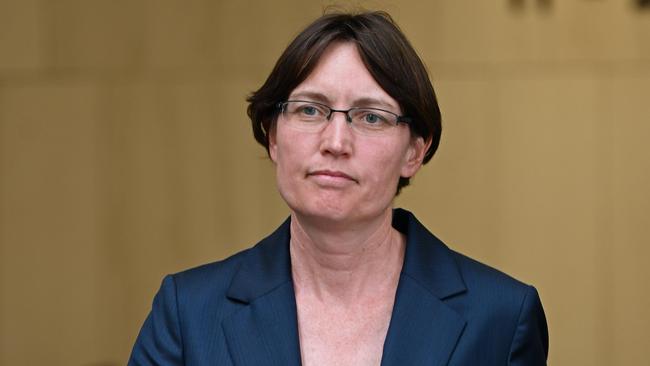
The scientist who exposed catastrophic failings in Queensland’s DNA laboratory believes crucial forensic evidence is being missed in other Australian states “without question” because of poor national standards.
Kirsty Wright is “absolutely certain” things are slipping through the cracks in other jurisdictions because of weak quality standards and has called for a review of the way forensic labs are accredited.
“I think there are other labs around Australia that are absolutely operating at poor standards, because the national quality framework is insufficient,” she said.
“Queensland could be the tip of the iceberg in terms of laboratories potentially missing evidence”.
Queensland Attorney-General Shannon Fentiman will write to her federal counterpart Mark Dreyfus this week and plans to raise Dr Wright’s concerns with interstate colleagues.
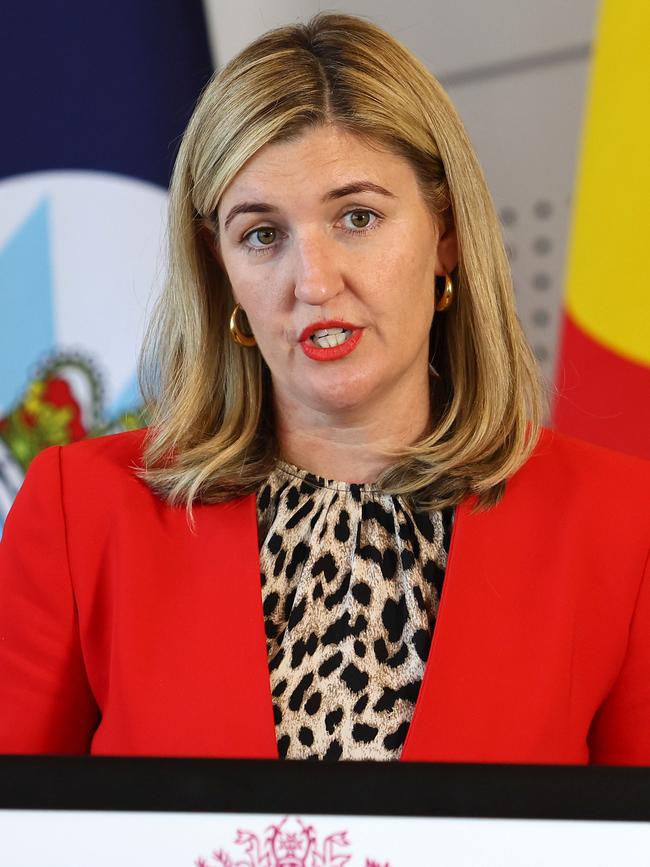
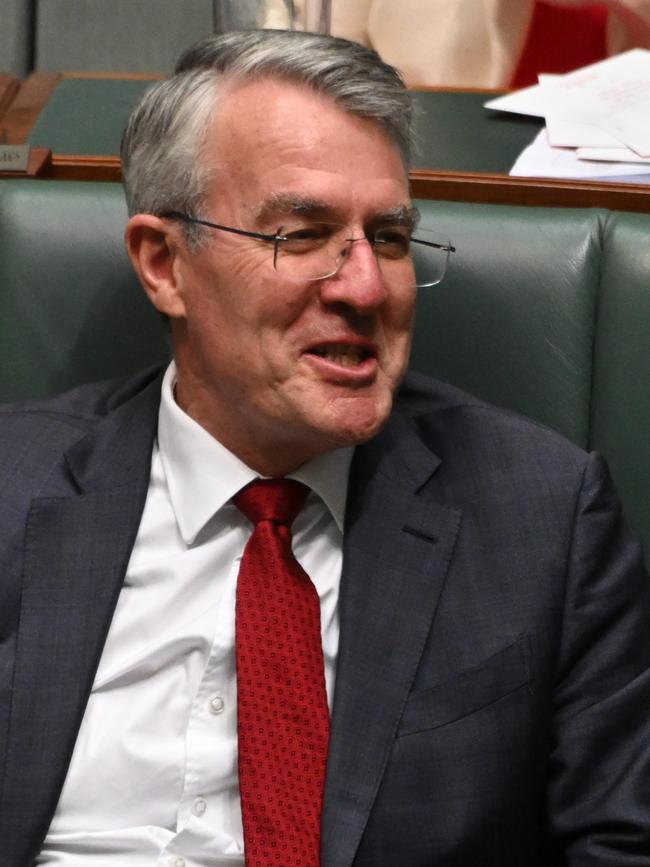
The National Association of Testing Authorities visited and signed off on Queensland’s forensics laboratory at least twice when scientists had stopped testing crime scene samples with low levels of DNA.
An unusually high testing threshold, introduced by lab managers in 2018, meant thousands of crime scene samples that may have helped police solve rapes and murders were shelved.
Dr Wright said while NATA should have picked up some problems in the Queensland lab, it was not the accreditor’s job to set standards.
“What we’ve seen with Queensland absolutely proves that the standard currently being used in forensics is completely insufficient,” she said. “NATA accreditation for forensic science is absolutely meaningless, it isn’t worth the bit of paper that it’s on.
“There needs to be a new national standard that forensics labs should be accredited against.”
Dr Wright believes scientists, police and justice department officials should set new standards that ensures labs’ technical competence, quality outputs, accurate and transparent communication of results and integrity.
“I think each of the state and territories’ attorneys-general really need to take the lead and make this their priority,” she said.
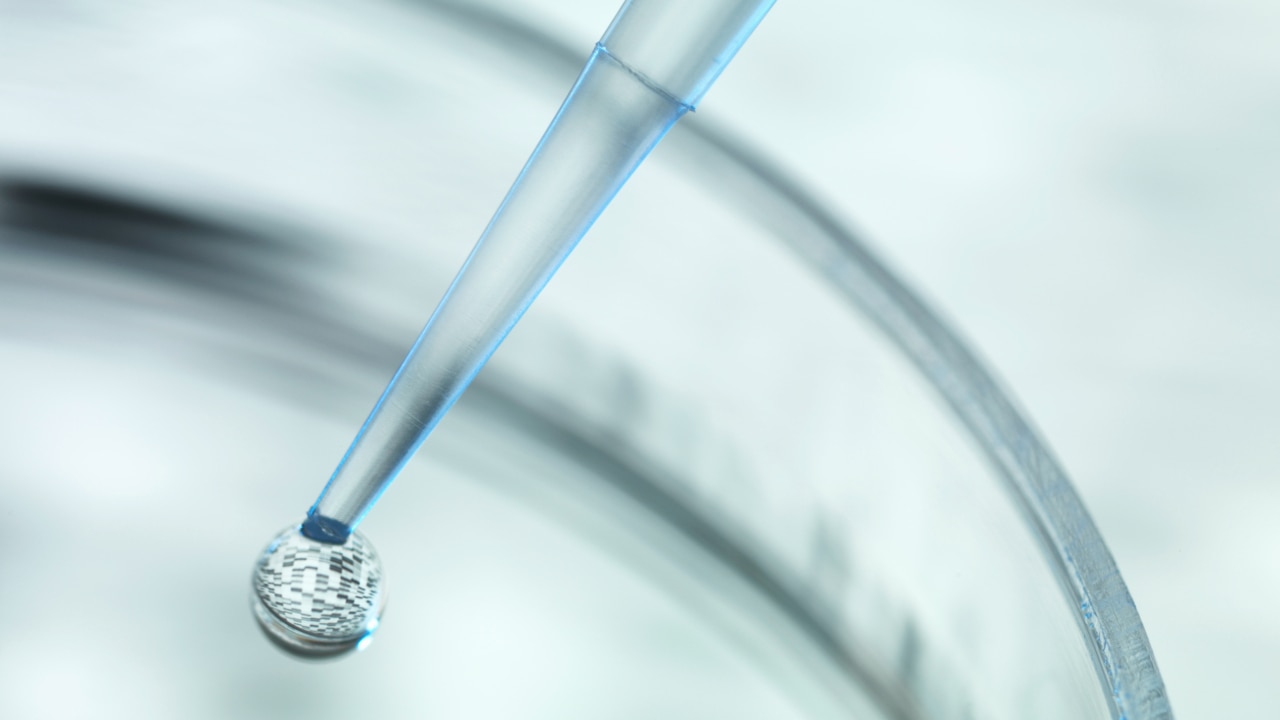
Commissioner Walter Sofronoff’s found senior health bureaucrats “relied on the NATA accreditation to provide comfort that the quality system was adequate” and Queensland’s laboratory had not engaged in any in-depth external review of its scientific processes for 20 years.
“The accreditation does not establish that the systems and processes are best practice or even appropriate,” he wrote.
Dr Wright likened current quality safeguards to shark nets, which offer some protection but “things can still get around it and under it”.
“There is a gaping hole there,” she said. “I think the forensic science community for some reason, they feel as though they’re beyond reproach, they no longer want truly independent scrutiny of their laboratories.
“The basis or the foundation of science is scrutiny, independent scrutiny, so I think that the national community has a cultural problem as well.”
During the $6m public inquiry into DNA testing, Mr Sofronoff discovered Queensland’s lab was accredited to a broad standard that did not “consider the integrity of the forensic science aspects of the laboratory”.
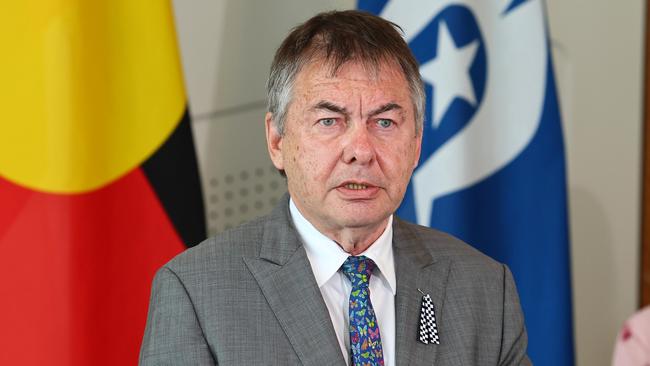
“Further, NATA accreditation provides only a high-level overview of the scientific processes,” he wrote in his final report delivered in December.
“It is not part of NATA’s assessment to determine whether the laboratory is actually operating in accordance with best practice.”
Health Minister Yvette D’Ath repeatedly shot down calls for an independent investigation of Queensland’s DNA lab in late 2021 after Dr Wright aired discoveries about forensic testing in The Australian’s podcast series Shandee’s Story.
Ms D’Ath said she was advised by her department that NATA would “look at all the issues that were being asked of me at the time”. “In fact, the accreditation does not go to the different methodologies and protocols that they are using,” she said.
An Australian Federal Police spokeswoman said: “AFP Forensics are working with stakeholders to review and assess the recommendations from the Queensland DNA Inquiry”.
The NATA and the National Institute of Forensic Science did not comment.



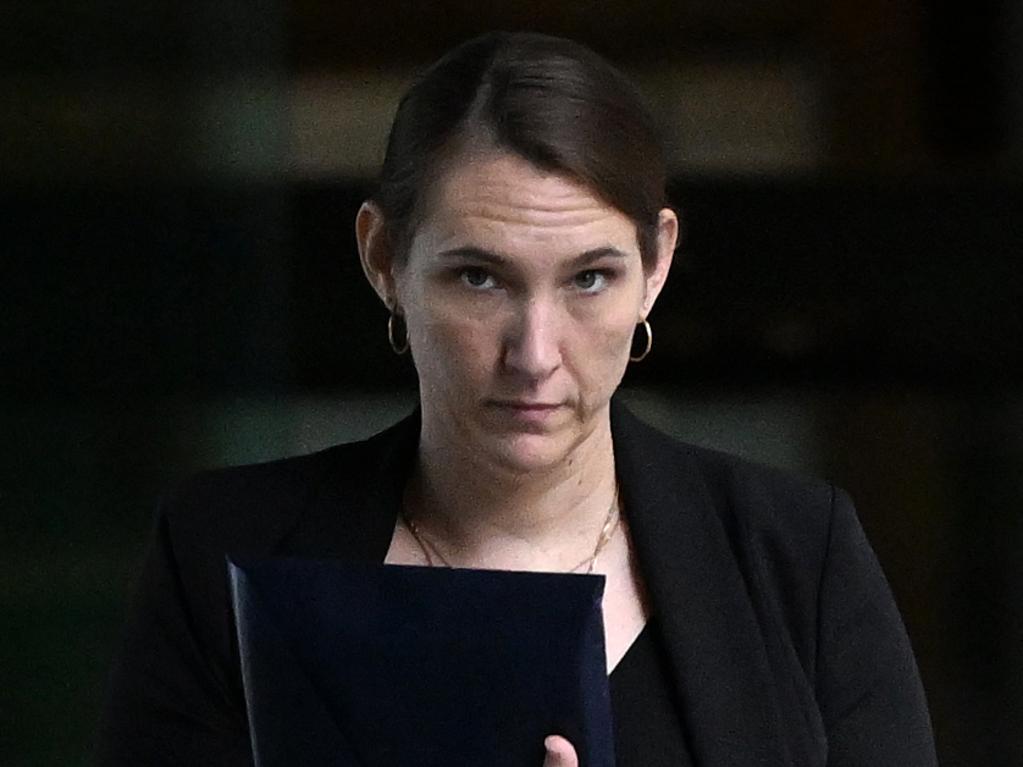




To join the conversation, please log in. Don't have an account? Register
Join the conversation, you are commenting as Logout